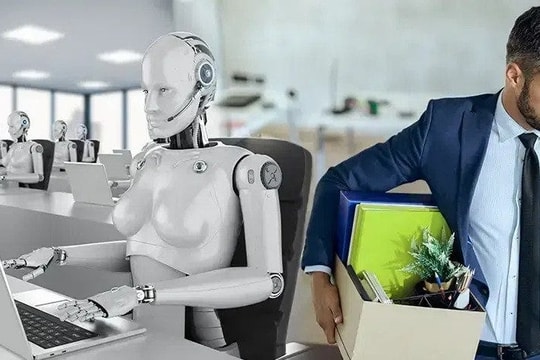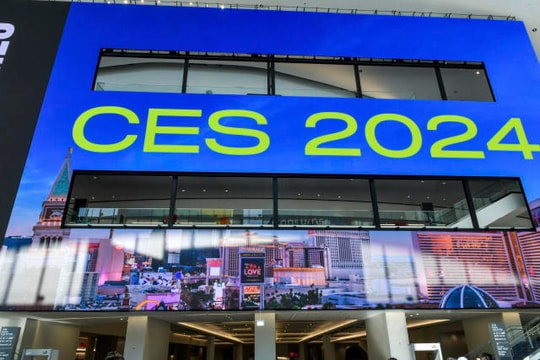6 most disappointing tech products of 2024
As the year comes to a close, it’s time to take stock of the technology that has come out over the past 12 months. This includes hardware and software products that were highly anticipated but didn’t live up to expectations in terms of performance, features, or user experience.
Artificial intelligence (AI) continues to dominate in 2024, becoming the center of attention for the most prominent technology announcements. American AI development company OpenAI made its mark with the launch of Sora, an advanced video creation tool, and a new AI model with superior reasoning capabilities.
Not stopping there, competitors in the chatbot field are also constantly innovating, bringing out breakthrough releases to push the limits of technology to new heights.
Accordingly, technology giant Meta has just introduced a high-end prototype of Orion smart glasses, opening up a promising vision of a future where AI-integrated wearable devices dominate the market.
Not only that, other giants in the technology industry also quickly caught up by launching the first generation of AI laptops, marking an important step forward in the field of smart computing.

In addition, a series of other groundbreaking technology announcements are also gradually being revealed, promising a vibrant and potential technology picture in the near future.
However, not all new technology products have been successful. Personalized AI assistants, while promising, have revealed many bugs and imperfections that have left users' expectations unmet.
This reality shows that, at the present time, the most truly useful AI assistant is still the familiar smartphone in everyone's pocket.
Besides AI, the gaming industry also experienced a huge shock when an ambitious project, worth millions of dollars, turned into an unfortunate failure.
Meanwhile, the PC community faced unprecedented troubles stemming from serious manufacturer-caused flaws in desktop processors. Other failed launches added to the frustration, making the past year a stark reminder of the risks of technological innovation.
Here we explore the top tech mistakes of 2024 and find out what's really behind them.
1. AI Battery wearable device with the ambition to replace smartphones of Humane company
Despite the presence of two former Apple designers, 4 years of dedicated development, and a huge investment of up to 230 million USD from big names such as Sam Altman (CEO of OpenAI), Microsoft, Qualcomm Ventures and many other investors, Humane's AI wearable device has not been able to achieve the expected success.
AI Pin was expected to be an AI assistant powerful enough to replace smartphones. However, immediately after its launch, the device quickly revealed its incompleteness and was not ready for the market.
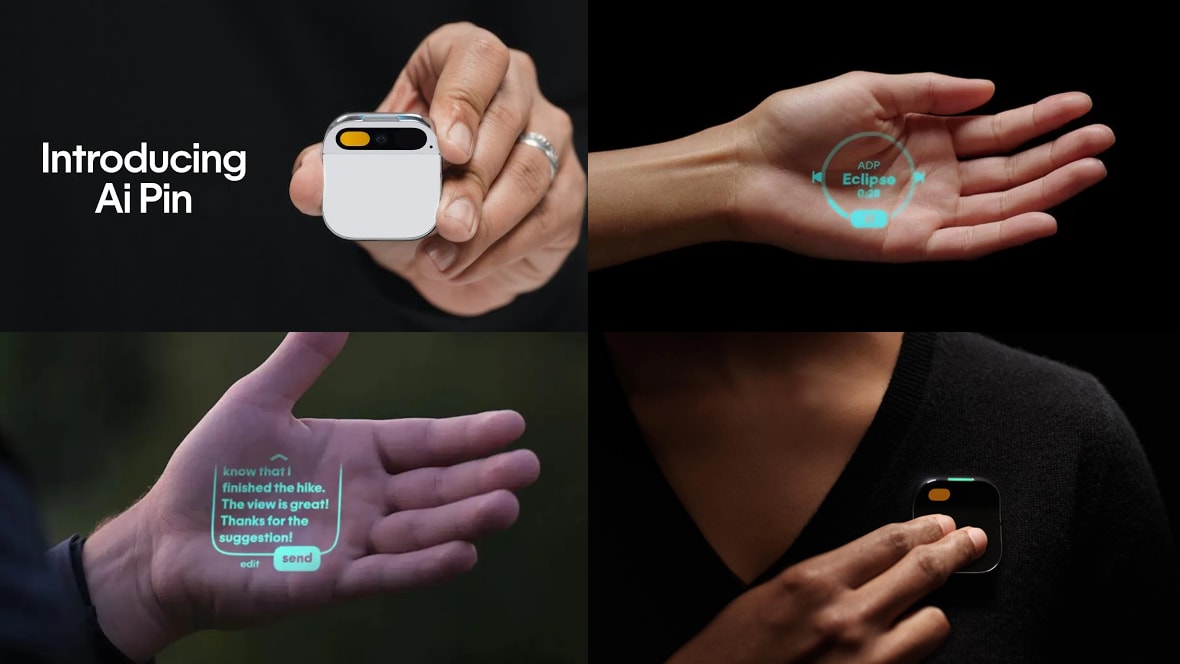
With a price tag of $700, a $24 monthly subscription to enable AI features and mobile services, and a slew of disappointing bugs, the AI Pin has not only failed to convince users but has also become the focus of criticism.
It was later discovered that the AI Pin's casing had serious problems related to the battery cells. In October, more than 10,000 batteries were recalled due to a potential fire hazard.
After the failed launch, the founders were said to be looking to sell the company for between $750 million and $1 billion. However, so far, there has been no word of any takeover offer.
2. Sony's multi-million dollar Concord game
Concord, a highly anticipated shooter that took eight years to develop, failed to meet Sony’s launch schedule. Shortly after its release, the company was forced to announce that it was removing the game and refunding $40 to those who had purchased it, leaving many fans disappointed.

According to Steam Charts, a website that tracks Steam players, Concord only peaked at 660 players on the platform a few weeks after its launch, a disappointing number for a game that has been awaited for eight years.
Sony's cost of refunding players is a small fraction of the game's massive development budget, which is estimated to have exceeded $100 million, a steep price to pay for Concord's failure.
3. Rabbit R1 AI Phone by Startup Rabbit Inc.
Shortly after Humane launched the AI Pin, Rabbit Inc. quickly introduced its own AI phone, the R1. While not designed to completely replace smartphones, the R1 has the advantage of being cheaper than the AI Pin. However, as Jesse Lyu, founder of Rabbit Inc., frankly admitted in his launch speech, despite not requiring a subscription, the R1 still has many bugs and is not as complete as its rival, the AI Pin.
Additionally, the R1's entire interface relies on a single Android app, which raises questions about why the device needs separate hardware. In addition, the R1 also has serious security issues, raising concerns about the product's reliability.
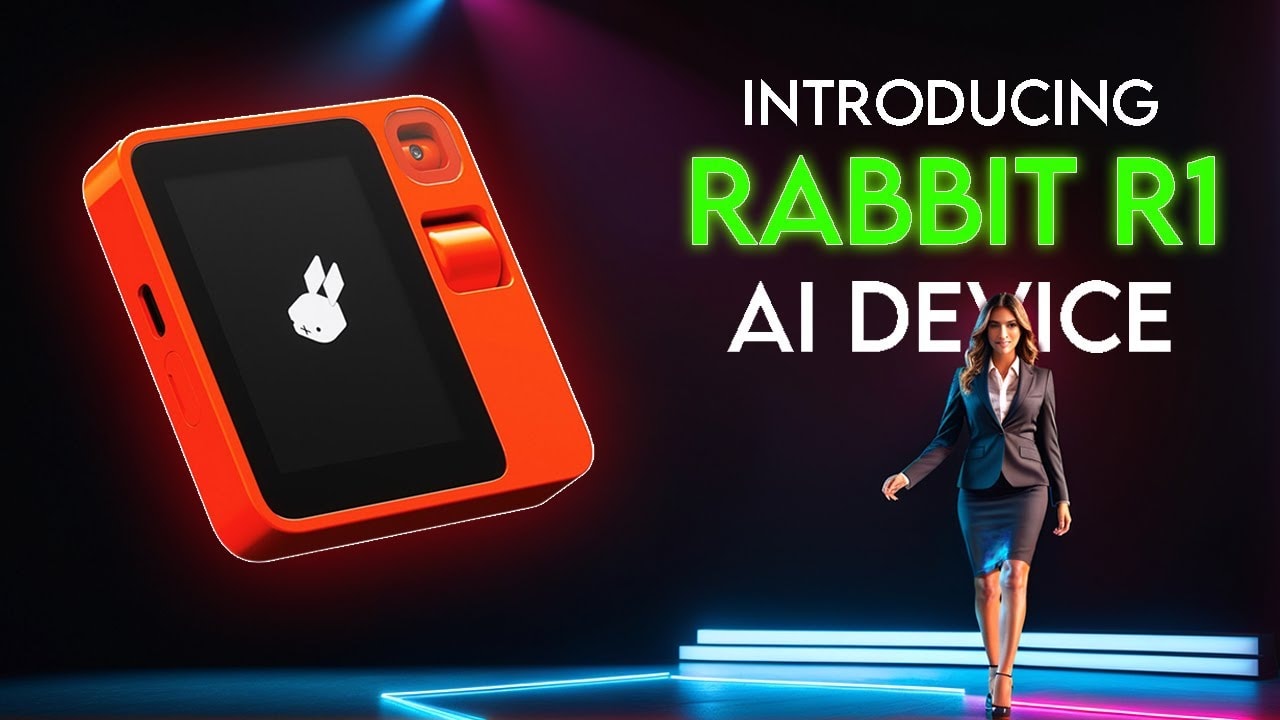
Rabbit is constantly working to improve its product. After several software updates, the R1 is now much faster and easier to use. The company also recently launched Teach mode, which allows users to train their own AI models to automate tasks, opening up customization and enhancing the user experience.
However, the R1 still has a long way to go before it can become a real AI smartphone as many people expected after the impressive demo at CES 2024.
Although the device has made significant improvements, it still has many limitations in terms of features, stability and responsiveness compared to what users envision of a perfect AI smartphone. To achieve this goal, Rabbit still has to continue to overcome many problems and further perfect the user experience.
4. Intel's Raptor Lake processors
Although the Raptor Lake desktop processor and its versions from the Intel manufacturer were released in 2022 and 2023, reports of errors only began to appear from this year.
Intel has been slow to acknowledge serious issues that cause processors to crash, especially when performing heavy tasks like loading games or running servers.
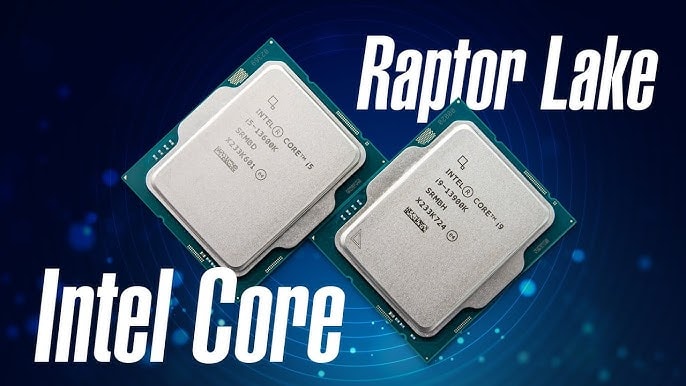
The company said the issue stems from an algorithm that causes incorrect voltage requests to the processor. According to reports from Intel, a patch is expected to completely fix the problem.
However, previous reports indicated that the damage caused to the processors was irreparable. Following consumer dissatisfaction, the company was faced with a class action lawsuit, in which some customers accused Intel of knowing about the potential defects but still decided to continue selling the products.
5. Microsoft's Recall Screen Capture Tool
At the Build 2024 event, Microsoft introduced a new artificial intelligence feature called Recall on the Windows 11 operating system, allowing users to review tasks performed on the computer.
The Recall feature has quickly drawn criticism from cybersecurity experts. Experts say that this feature poses many potential security risks, which can create opportunities for bad actors to take advantage of to illegally access user data or cause serious security vulnerabilities.
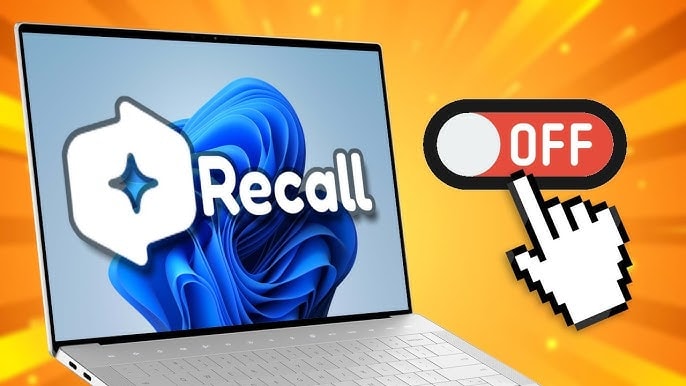
The backlash from the security community has left Microsoft facing many questions about the safety and effectiveness of this feature.
After a wave of strong criticism from the community and cybersecurity experts, the company decided to postpone the launch of the tool and make a series of important changes.
These changes include not making Recall the default, and requiring users to enable Windows Hello to use the feature, to ensure greater security.
These tweaks show that the company has listened to user feedback and is working to improve the product before it officially launches. The feature is now available as a preview version for the Windows Insiders program, exclusively for users with eligible Copilot + computers.
6. Apple's Vision Pro virtual reality device
While Apple's space computing device cannot be considered a technological failure, given the amount of hype it has generated and its limited practical applications, it cannot be considered a success so far.
Just months after Apple began shipping the Vision Pro, renowned tech analyst Ming-Chi Kuo revealed that the company had cut its sales forecast to around 350,000-400,000 units per year, down by half from its original plan.
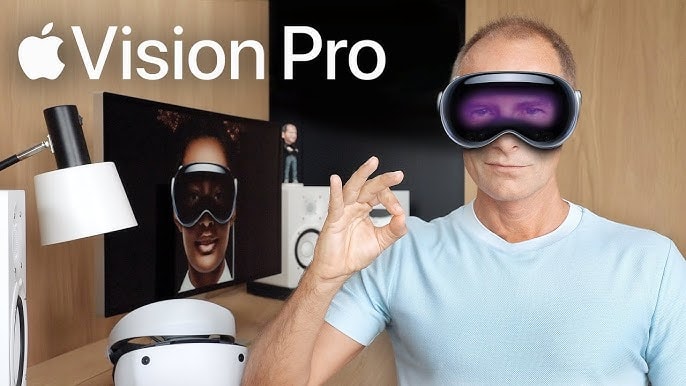
Additionally, Apple is also said to have decided to delay the launch of the second version of Vision Pro, reflecting the challenges the product is facing in the market.
In an interview with the Wall Street Journal, Apple CEO Tim Cook admitted that Vision Pro is a pioneering product and affirmed that the company will continue to improve it in the future to meet the needs and expectations of users.
Apple is currently working on a lighter and cheaper version of the Vision Pro. The company's goal is to create a device that is more accessible to users while minimizing factors such as size, weight and manufacturing costs, in order to attract a wider audience in the future.
However, after Meta launched its Orion smart glasses, which are still in the process of being completed and have no plans for an early release, many people began to think that thin and light augmented reality (AR) glasses, instead of bulky devices, could be the future trend that is widely applied.
These devices promise to deliver cutting-edge technological experiences without sacrificing convenience and aesthetics, ushering in a new era for augmented reality technology.



